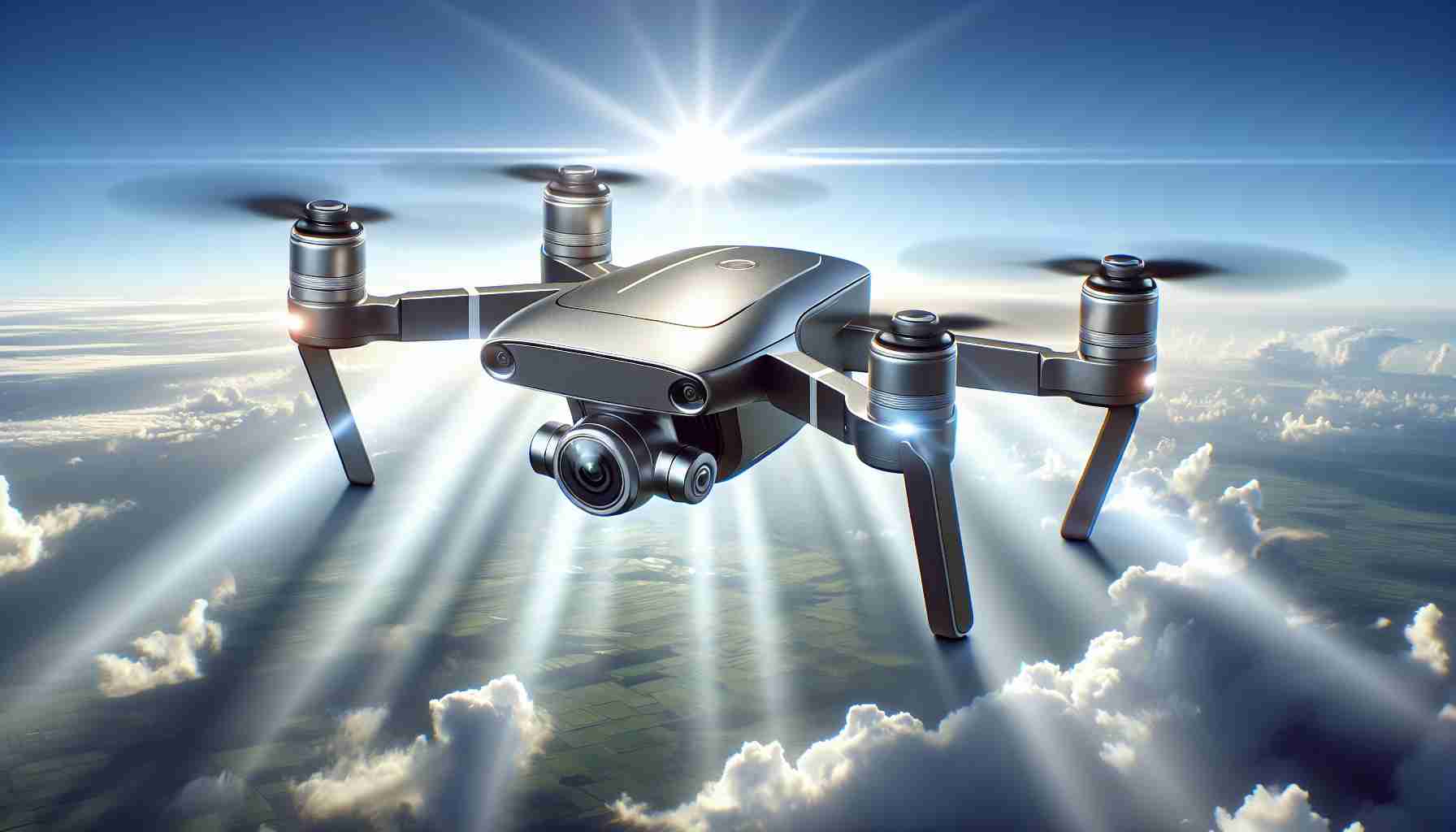W niedawnym incydencie związany z cyberbezpieczeństwem, sprawcy zaatakowali klientów Snowflake, pokazując podatność systemów przechowywania danych w chmurze na ataki oparte na uwierzytelnianiu. Zamiast stosować skomplikowane techniki hakowania, atakujący wykorzystali skradzione dane uwierzytelniające, aby uzyskać nieautoryzowany dostęp do wrażliwych danych. Skompromitowane konta nie posiadały uwierzytelniania wieloetapowego, co umożliwiło sprawcom łatwe przeniknięcie do systemów za pomocą tylko nazwy użytkownika i hasła.
Ten incydent podkreśla pilną potrzebę dla organizacji wdrożenia skutecznych środków bezpieczeństwa, szczególnie uwierzytelniania wieloetapowego. Wymagając dodatkowych kroków weryfikacji oprócz haseł, MFA istotnie wzmacnia mechanizmy obronne przed próbami nieautoryzowanego dostępu, nawet w przypadkach, gdy dane uwierzytelniające zostały skompromitowane poprzez metody takie jak phishing czy złośliwe oprogramowanie.
Ponadto, skuteczne zarządzanie danymi uwierzytelniającymi ma kluczowe znaczenie w ochronie wrażliwych informacji. Monitorowanie Dark Webu w poszukiwaniu ujawnionych danych uwierzytelniających i szybkie reagowanie na potencjalne naruszenia może zminimalizować ryzyka i zapobiec nieautoryzowanemu dostępowi do istotnych danych. Organizacje powinny również być czujne na kampanie cybernetyczne skierowane przeciwko ich dostawcom usług, podejmując proaktywne kroki w celu aktualizacji danych uwierzytelniających i wzmacniania protokołów bezpieczeństwa.
W miarę ewoluowania zagrożeń cybernetycznych, proaktywne przyjmowanie najlepszych praktyk bezpieczeństwa, takich jak uwierzytelnianie wieloetapowe i czujne zarządzanie danymi uwierzytelniającymi, jest niezbędne do ochrony danych w chmurze. Poprzez wzmacnianie obrony i nieustanne monitorowanie wschodzących zagrożeń, organizacje mogą chronić wrażliwe informacje i utrzymać integralność swojej infrastruktury cyfrowej.







